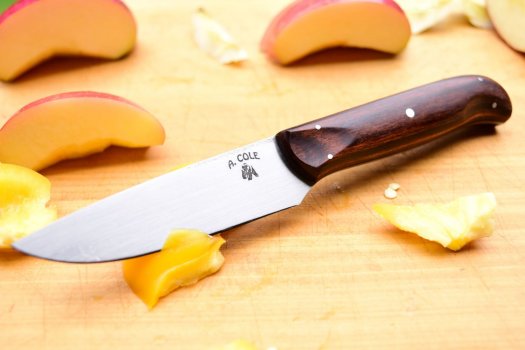Alden Cole
Well-Known Member
I like being honest about my work, but sometimes feel like I harp on what I did wrong more than what I did right, even if it is a very nice knife. What do you point out about a knife you are selling? Scratches, gaps in fitups, thick grinds? Obviously, these things are undesirable, and I won't cheat a customer. On the other hand, no one likes to be shown every last little scratch to the n'th degree on their new knife that they love. So are the only things you point out user things, like, "I wish the steel were a couple rockwell point softer," Or do you also point out cosmetics? Maybe this depends on your customer, as someone who knows a great deal about custom knives will be able to understand your work better. And I'm sure this varies from maker to maker. Interested to hear your thoughts.

